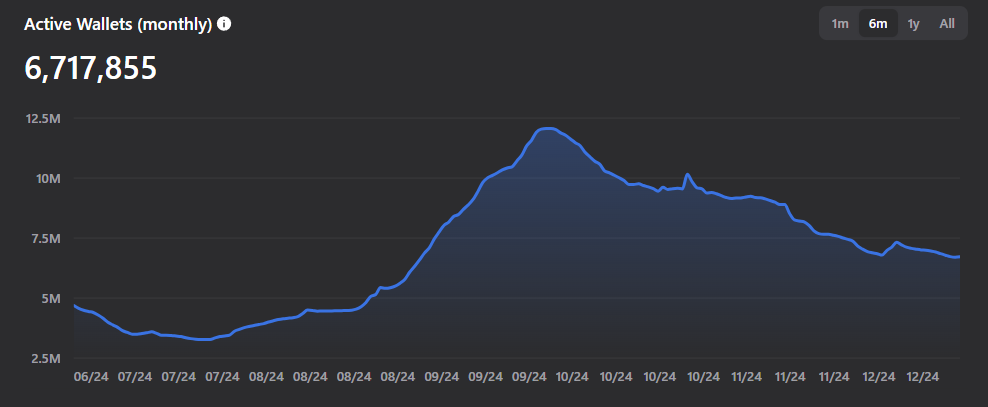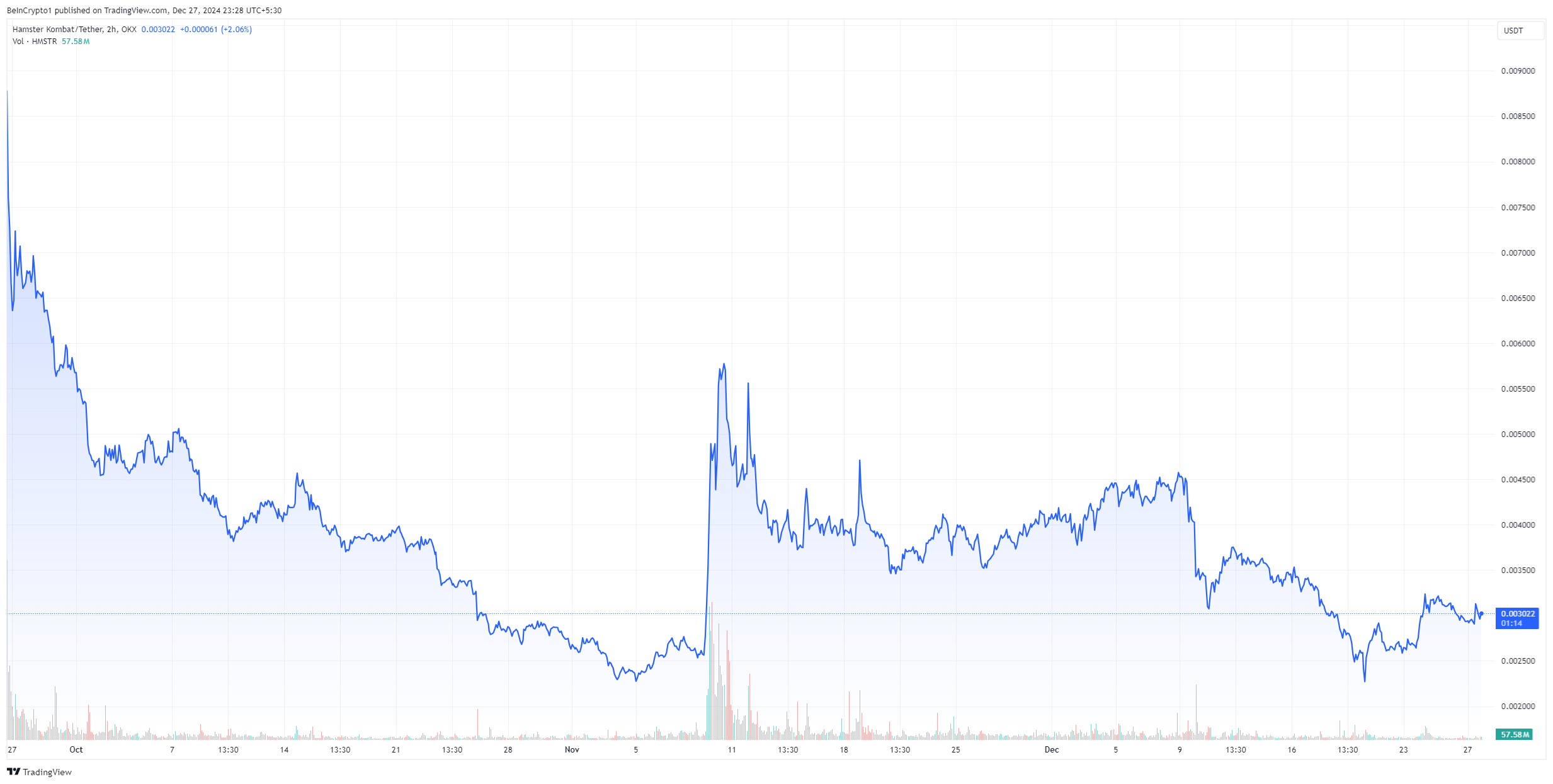Hamster Kombat, the popular tap-to-earn game on the Telegram platform, has just announced plans to launch a layer-2 network on The Open Network (TON).
This initiative follows a vote in the community in favor of creating a dedicated blockchain to expand the utility of the Hamster Kombat Token (HMSTR).
Hamster Kombat Prepares to Launch Private Blockchain Network
The new blockchain, which will reportedly be called the Hamster Network, will form the foundation for the broader Hamsterverse ecosystem. The developers confirmed that work on this network has already begun.
Over the next few weeks, the team will present a detailed roadmap and implementation strategy to the DAO, focused on strengthening Hamster Kombat’s position in the decentralized gaming sector.
“The vote for the 2nd proposal is over! The DAO community has spoken: There will be a Hamster L2 blockchain built on TON! We will serve the community, the largest web3 community in the world, with the technology platform they require,” project posted on X (formerly Twitter).
The Hamster Kombat community has previously supported high-profile initiatives, including events with prize pools of up to $1 billion for Token holders. These decisions reflect growing enthusiasm for the platform’s expansion and broader ambitions in the blockchain gaming sector.
The Desolation of Tap-to-Earn Games
After an initial wave in Q2 and Q3 of this year, tap-to-earn games on Telegram have seen a decline in interest in recent months. According to the latest report, interest in such games decreased by almost 80% from June to December 2024.
This is also clearly shown through TON’s on-chain operations. Data shows that the number of monthly active wallets has dropped nearly 50% since October.

Hamster Kombat is set to be a disruptive phenomenon in 2024. Its NFT integration plans also drove a 400% increase in NFT activity on Telegram in October.
However, after a failed airdrop, the platform experienced a significant decline in the number of users and token value. Within three months, the number of users dropped from 300 million to just 41 million, and the value of the HMSTR token lost nearly 60%.

In November, the team announced the launch of the game’s second season, promising improved gameplay. Players will have the opportunity to manage virtual game studios, create custom spaces, recruit team members, and perform testing—marking a major shift in gaming dynamics.
However, interest in tap-to-earn games continues to decline due to lack of utility and repetitive gameplay. It will be interesting to see if users find renewed interest in Hamster Kombat once the new L2 network is launched.
